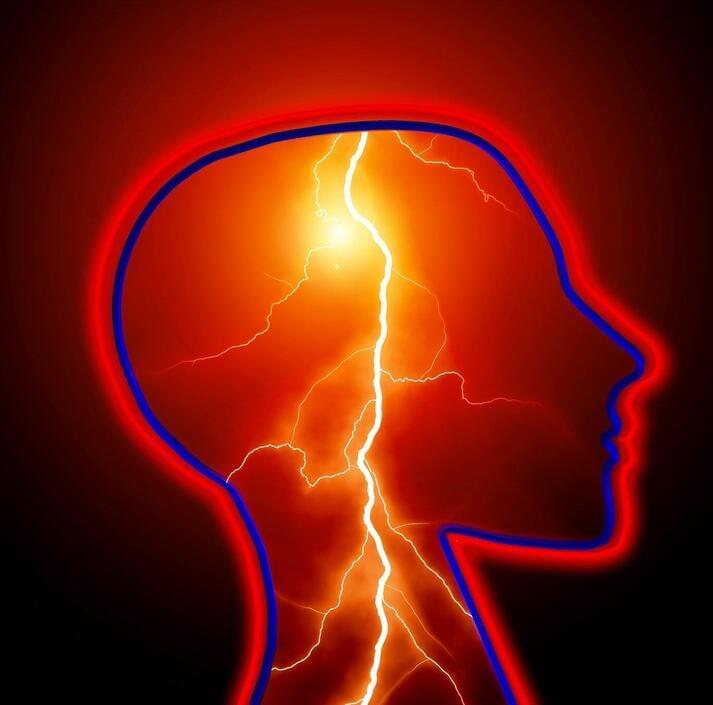Dec 5, 2024
Breakthrough in Nanotechnology Unlocks Atomic Precision for Medicine and Energy
Posted by Saúl Morales Rodriguéz in categories: biotech/medical, chemistry, nanotechnology
Physicists are getting closer to controlling single-molecule chemical reactions – could this shape the future of pharmaceutical research?
A groundbreaking study demonstrates control over atomic-level matter through nanotechnology. By leveraging the precision of scanning tunneling microscopy, researchers have shown how competing chemical reaction outcomes can be influenced by manipulating energy levels. This advancement allows for targeted reactions, such as those needed for drug synthesis, while reducing unwanted byproducts.
Continue reading “Breakthrough in Nanotechnology Unlocks Atomic Precision for Medicine and Energy” »

















